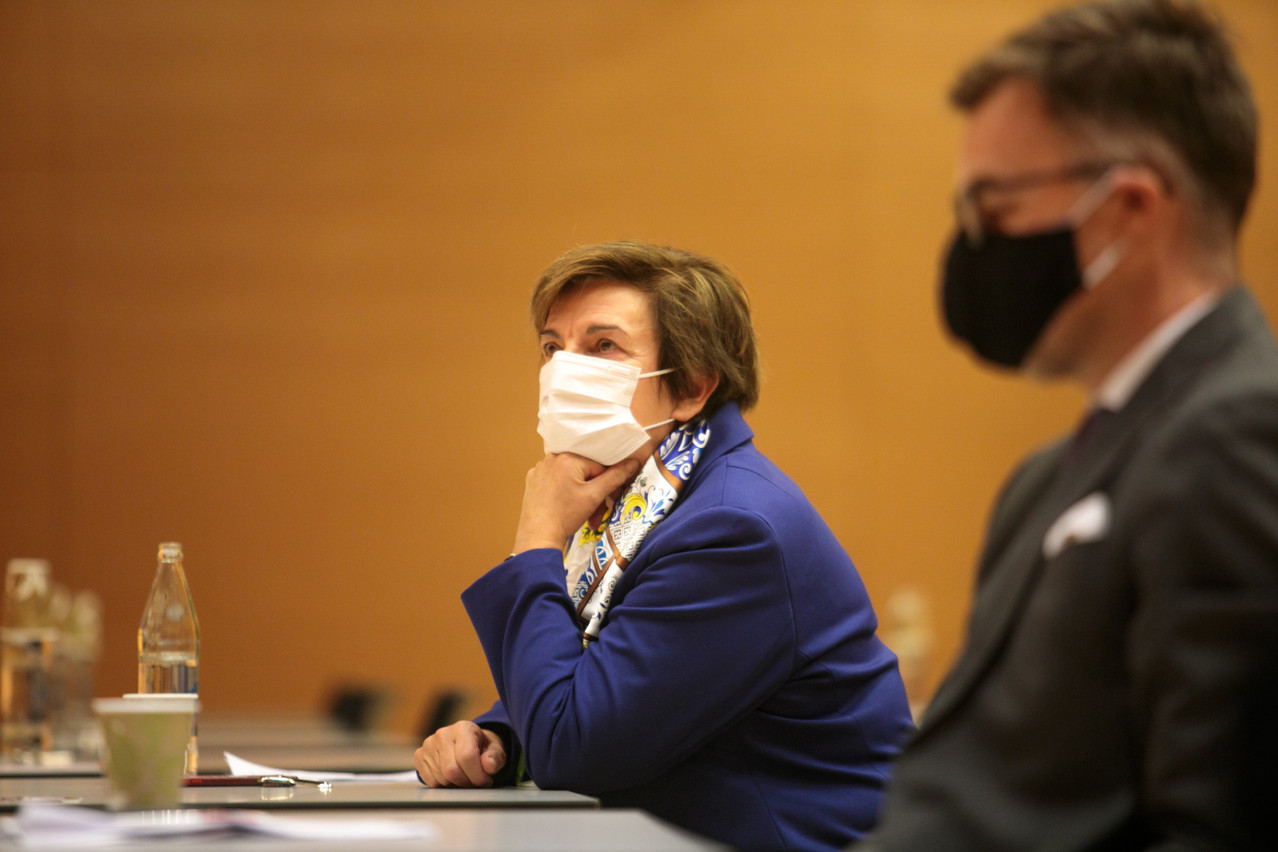Industry representatives and the ministers concerned can again exchange views in the High Industry Committee. The committee met on Friday, 1 October, eight years after its creation pushed for by then-minister of the economy, Etienne Schneider (LSAP).
“The work undertaken within the committee will make it possible to identify the levers for action and to define an effective implementation strategy to achieve our dual objective of climate neutrality and competitiveness,” said Schneider’s successor, Franz Fayot (LSAP), on Monday.
He chaired the first discussions, which identified four priority themes: industry and climate, Luxembourg’s industrial fabric in 2040, the evolution towards a circular economy and the management of economic activity zones. Four working groups corresponding to these topics will be created. “The aim is to produce a roadmap by the beginning of 2023,” said Franz Fayot.
Depending on the topics, other ministers could join the discussions. On the industrial side, the panel is composed of representatives from ArcelorMittal, Alipa, MCM Steel, Ceratizit, Encevo, Dupont de Nemours, Moulins de Kleinbettingen, Rotarex and IEE.
Administrative simplification, a “watermark” measure
There is no explicit mention of administrative simplification, a subject that was raised a year ago when the project to set up the in Luxembourg failed, much to the company’s irritation. “This point of discussion does not appear because we have given priority to broader points, but it is everywhere in the background,” commented its president, Michèle Detaille.
…let’s try to find companies that will fit into the existing ecosystem and that will help the players already present to move forward.
The employers’ federation, which a few days ago called for , suggested “a slightly different angle than usual. Rather than prospecting by sector, let’s try to find companies that will fit into the existing ecosystem and that will help the players already present to move forward,” explained the head of the Alipa Group.
Franz Fayot mentioned the subject of qualitative growth, where the adopted approach is to ask “which companies make sense here in Luxembourg in terms of their energy profile, their impact on the environment or the use of land?”
A company like Google would fit right in.
The economy minister assumes a more selective approach, which in his view is not incompatible with other latent issues: “In Luxembourg we are building an increasingly digital economy with the latest generation of data centres. We recently presented ‘Ons Wirtschaft vu Muer’, which relies more and more on the data economy. In this context, a company like Google would fit right in.”
It should be noted that a quarterly report from the high committee should be issued every three months. The structure initiated in 2013 has recently been working on the implementation of key measures in the framework of the Rifkin study on the Third Industrial Revolution.
This story was first published in French on . It has been translated and edited for Delano.


